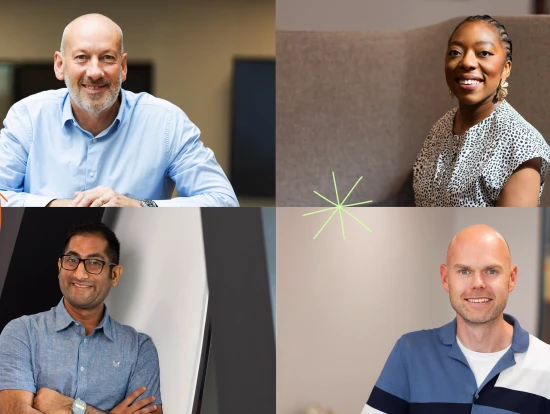News
Do’s and Don’ts of Social Media and Job Hunting

Social media has become a powerful tool to assist in getting hired, expanding your connections and even gaining new clients. But it can also be detrimental to job hunting, and your career in general, if you don’t manage your accounts properly.
Instant Offices’ Head of HR, Helen Taylor, explains how recruiters use social media to analyse job applicants, and gives some do’s and don’ts for social media when searching for your next big break.
What is acceptable on your profiles is dependent on the industry in which you work. Applying for a job in a creative industry is very different to looking for work in a corporate environment. First and foremost, you need to ensure that your profiles are appropriate for your industry and don’t contradict your CV.
LinkedIn
As a professional network, LinkedIn is extremely important for networking and showcasing your strengths.
When hiring, recruiters look at an applicant’s LinkedIn for several reasons:
- Any uncertainties in a CV, for example how long someone has worked at a company can be cleared up by LinkedIn, so make sure it is up to date and accurate.
- To view past projects and achievements in your field. Updating your statuses with industry relevant news, self-published articles as well as company updates all show your enthusiasm and interest in your field.
- If there is a negative comment on LinkedIn, it doesn’t necessarily mean that all hope is lost. Recruiters know that it is just one person’s opinion and not necessarily representative of your working style.
- Passive aggressive memes and posts about your current position are a no-go. They may be funny and might gain a like or two, but they reflect badly on both you and the company you work for. If you are insinuating that you work in a negative environment, you are likely to offend your colleagues and will, of course, put off potential employers.
- When applying for a new role, it is likely that you have spent a great deal of time ensuring that your CV and LinkedIn are as professional as possible and portray you in the best light. However, your efforts will go to waste if your social media channels present a contradiction to the person on your CV. Ensure that if you choose to have an ‘open’ Facebook, Instagram or Twitter, that your statuses do not have the potential to offend. Your profile picture should also be somewhat sensible. If you would not want your potential employer to know that you like to drink a lot on the weekend, don’t let your Facebook tell them!
- Retweet, share and favorite: as you share articles and features online you are inadvertently sharing your opinion on a particular subject. An article on the ’10 best ways to avoid boredom during meetings’ may be hilarious, but it can also lead a potential employer to judge your character.
- If you want to know a person – take a look at their connections. Some people are so focused on what they are doing on Facebook, they forget to consider the actions of their friends too. Be mindful of what your friends are posting on your wall, tagging you in and of course, commenting on.
- Timing is everything. Remember, when you post on Facebook it leaves a time stamp. If a potential employer looks at your Facebook and notices that you are incredibly active at all hours of the day – including between the hours of 9am-5pm – then they may think you will spend your days scrolling your Facebook in your new position too.



